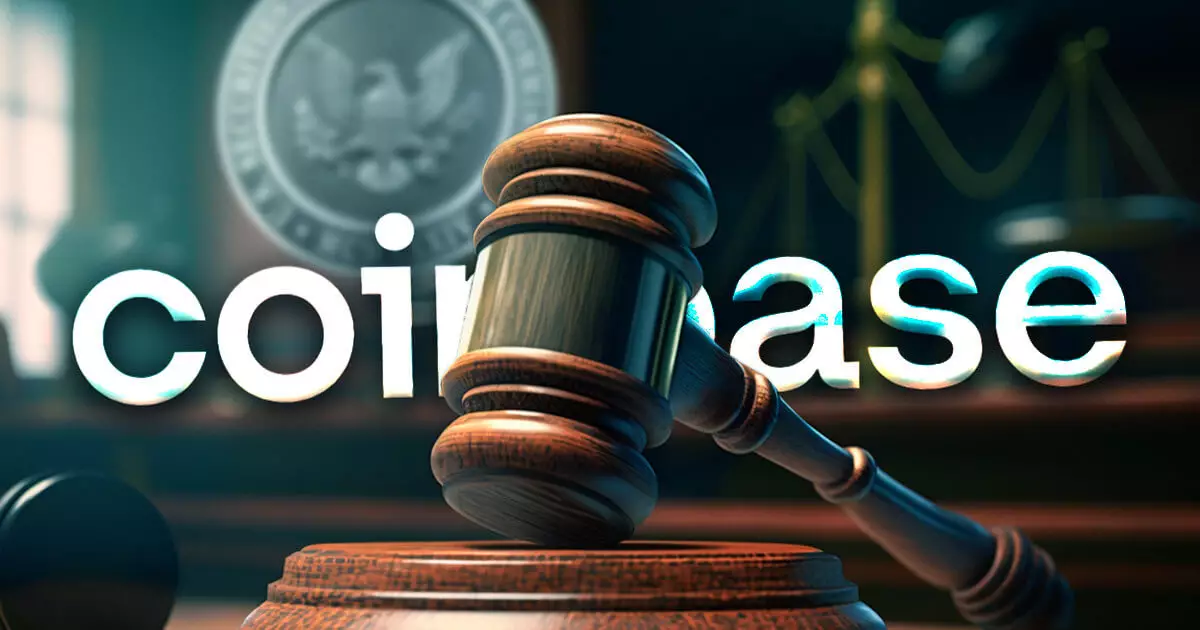The U.S. Securities and Exchange Commission (SEC) has filed charges against Coinbase claiming that the company violated securities regulations. The SEC alleges that Coinbase’s main trading platform has operated as an unregistered broker, exchange, and clearing agency since 2019. The SEC also claims that Coinbase’s Prime and Wallet services have operated as unregistered brokers since then.
Coinbase’s Profits and Access to Crypto Asset Securities
The SEC alleges that Coinbase has earned billions of dollars worth of revenue from transaction fees and has prioritized its revenue over investor interest and legal compliance. The SEC also claims that Coinbase provided access to existing crypto asset securities, which brings Coinbase “squarely within the purview of the securities laws.” The SEC listed over a dozen tokens, including Solana, Cardano, and Polygon, and over 40 pages of the 101-page filing aim to prove that those tokens are securities.
Coinbase’s Staking Service
The SEC claims that Coinbase’s staking service constitutes an unregistered securities sale and offering in its own right. Coinbase marketed its staking service as an investment opportunity and profited from the service, giving users expectations of profits. Coinbase changed its staking model in March after expecting that the SEC would target its staking offering in early 2023. The SEC acknowledged that change but did not otherwise provide comment.
The Relevant Period for Allegations
Although Coinbase has operated since 2012, the SEC considers Coinbase’s activity since 2019 the “relevant period” for its allegations. This period appears to be relevant because Coinbase greatly increased its listings starting in 2019, approximately doubling its listings by the end of 2020. Coinbase used the Crypto Rating Council (CRC) framework to determine which cryptocurrencies were appropriate for listing. However, the SEC claims that Coinbase listed coins that it knew had qualities of securities, and its attempts at compliance backfired.
Comparison to Binance
The SEC’s charges against Coinbase are similar in some ways to its charges against Binance. The regulator similarly accused Binance of failure to register and large sections on listings of third-party cryptocurrencies. However, the SEC also alleged that Binance and its U.S. counterparts engaged in fraud, allowed wash trading, and failed to separate U.S. and global operations. The SEC did not make equivalent allegations against Coinbase. The SEC charged Binance CEO Changpeng Zhao directly and named him as a defendant, but it did not charge any Coinbase executives in the relevant case.
The SEC wants Coinbase and its members enjoined (or prevented) from violating the Securities Act and Exchange Act. The regulator also wants Coinbase to be ordered to disgorge its ill-gotten gains and pay civil penalties, leaving room to request further relief. It is unclear how these charges and demands will affect Coinbase’s day-to-day business. Coinbase has repeatedly stated that it intends to fight the SEC in court.

